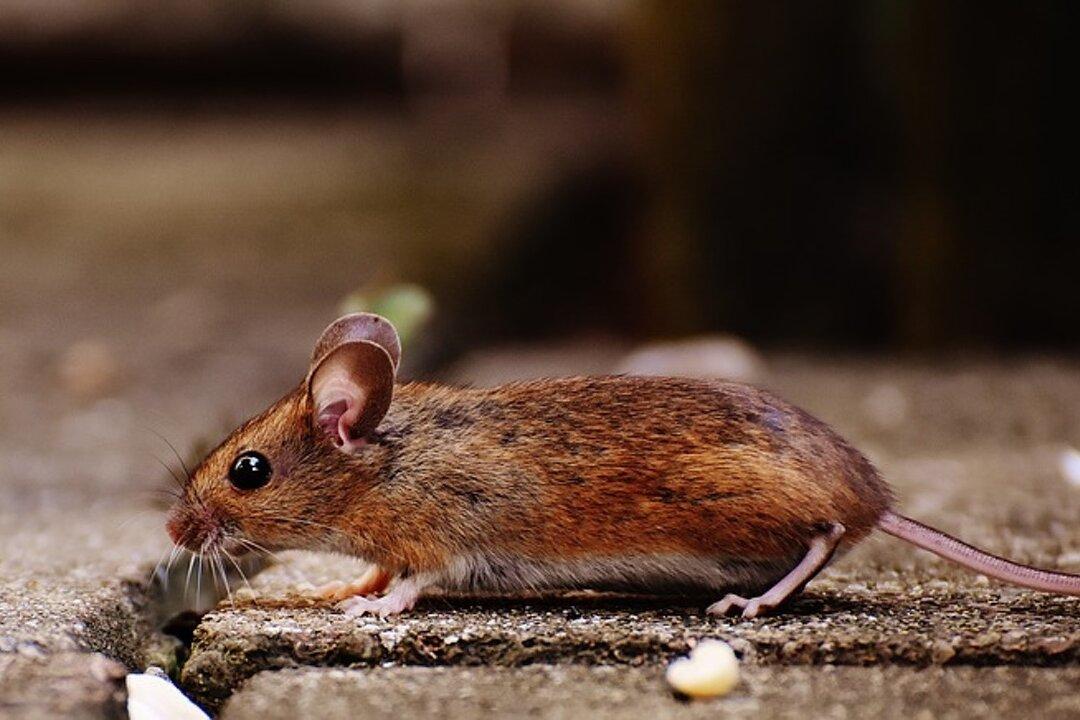A 42-year-old New Mexico woman has died after contracting Hantavirus Pulmonary Syndrome (HPS), according to the New Mexico Department of Health (NMDOH).
It is the second case of HPS reported in New Mexico and the first case of the virus resulting in death.





